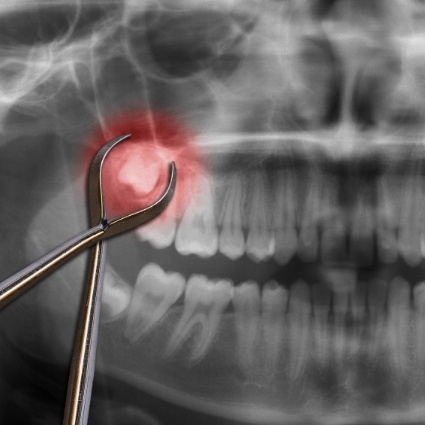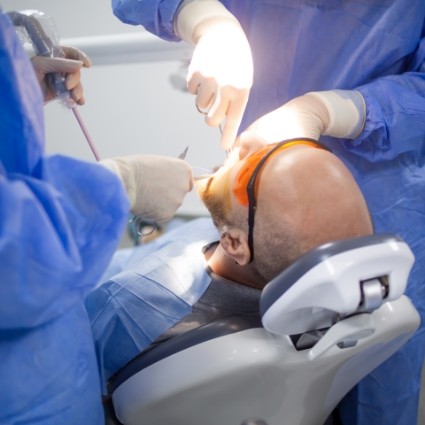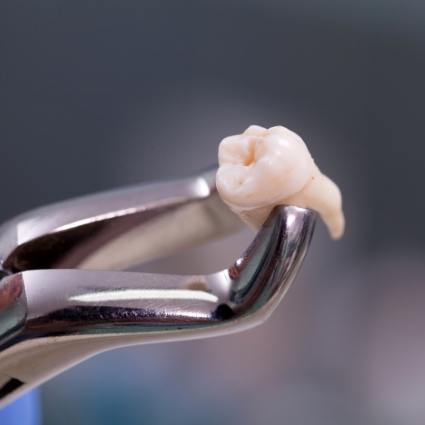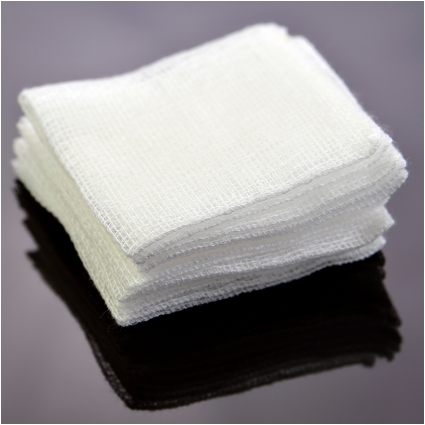Wisdom Tooth Extractions Rogers
Strategically Removing Teeth Before They Cause Issues

Most people need their wisdom teeth removed because there isn't enough space for them to come in properly. This is because they tend to grow at an odd angle, or they don’t fully emerge. When wisdom teeth emerge incorrectly like this, it throws off your bite, creating an area where food gets caught that expedites tooth decay. It can even lead to a painful infection. If you are looking for a provider for wisdom tooth extraction near Rogers, call our office at 479-845-1191 to schedule an appointment!
Why Choose Metro Park Dental Arts for Wisdom Tooth Extractions?
- Comfortable Dental Office with Patient-Friendly Atmosphere
- Advanced Dental Technology Ensures a Smooth Patient Experience
- Insurance Accepted and Flexible Financing Options Available
What Can Happen if I Don’t Get My Wisdom Teeth Removed?

- Painful, swollen gums
- Infection
- Crowded or damaged surrounding teeth
- Possible damaged nerves and jawbone
Although it's normal for patients to fear the wisdom teeth removal process, our team here at Metro Park Dental Arts will perform the safest, most comfortable extraction procedure possible.
The Steps of Wisdom Tooth Removal

- Local, sedation is administered
- An incision is made in the gum tissue
- The bone that blocks access to the tooth root is removed
- The wisdom tooth is removed
- The site of the removed tooth is cleaned
- The wound is stitched close to promote healing, though this isn’t always necessary
- Gauze is placed over the extraction site to control bleeding and to help a blood clot form
After surgery, our team can evaluate the state of your teeth and advise you on the most convenient and effective schedule for successful treatment.
What Happens After Wisdom Teeth Extraction?

Generally, most patients prefer to rest for a few days after their wisdom teeth are removed. After treatment, you may experience minor bleeding and pain. If you exercise regularly, remember to stop if you get lightheaded. Everyone’s reaction varies, and pain ranges from mild to severe.
You should expect to have some swelling after surgery. It usually peaks on the second day and resolves shortly after. Closely follow your instructions to ensure maximum comfort and expedited healing. In most cases, 3 to 5 days is enough!
What to Expect After Wisdom Teeth Removal

After your procedure, we will provide you with gauze for insertion over the surgical site. Apply pressure for a solid hour after arriving home to alleviate bleeding. Excess bleeding may occur if pressure is not applied. Bite firmly for 30 minutes before removal and replacement. If you run out of gauze, you can try biting on a moistened black tea bag.
- Swelling: Expect swelling after wisdom teeth removal, particularly around your lower face the day after surgery, and peaking 2-3 days in. Not to worry, this is the body’s normal reaction to surgery. Immediately applying ice packs will diminish swelling. If you feel stiffness in your jaw muscles 48 hours after surgery, apply moist heat for muscle relaxation to help you open your mouth.
- Pain: Medication will be provided by a doctor following surgery. Consult our practice for individuals under 18. Do not simultaneously take two medications. Prescribed medication should be taken as directed. Do not take any medications you are allergic to or have been instructed by your doctor to avoid. Avoid driving a car, working around machinery, and alcohol. Pain or discomfort should subside as every day passes.
- Diet: To prevent nausea, avoid eating after wisdom teeth removal (or drinking, for that matter) for at least an hour, including anything prescribed. Only consume liquids in the 15 minutes following this hour, but do not use straws. Sucking via straw may dislodge the blood clot and cause more bleeding. Soft foods are encouraged and be sure to chew away from the surgical sites. Maintain a high-calorie/protein diet and increase fluid intake to 5-6 glasses daily to avoid malnourishment. Water, Gatorade, and shakes are other good ways of maintaining nutrients.
- Change in Oral Hygiene: Do not rinse until 24 hours after surgery. After one day, rinsing 5-6 times daily is encouraged. Rinse with warm water mixed with 1 teaspoon of salt and brush your teeth 24 hours after surgery.
- Antibiotics: If you have been placed on antibiotics, take them as directed to prevent infection. In the event of a rash or any other adverse reactions, discontinue usage and contact our office immediately.
